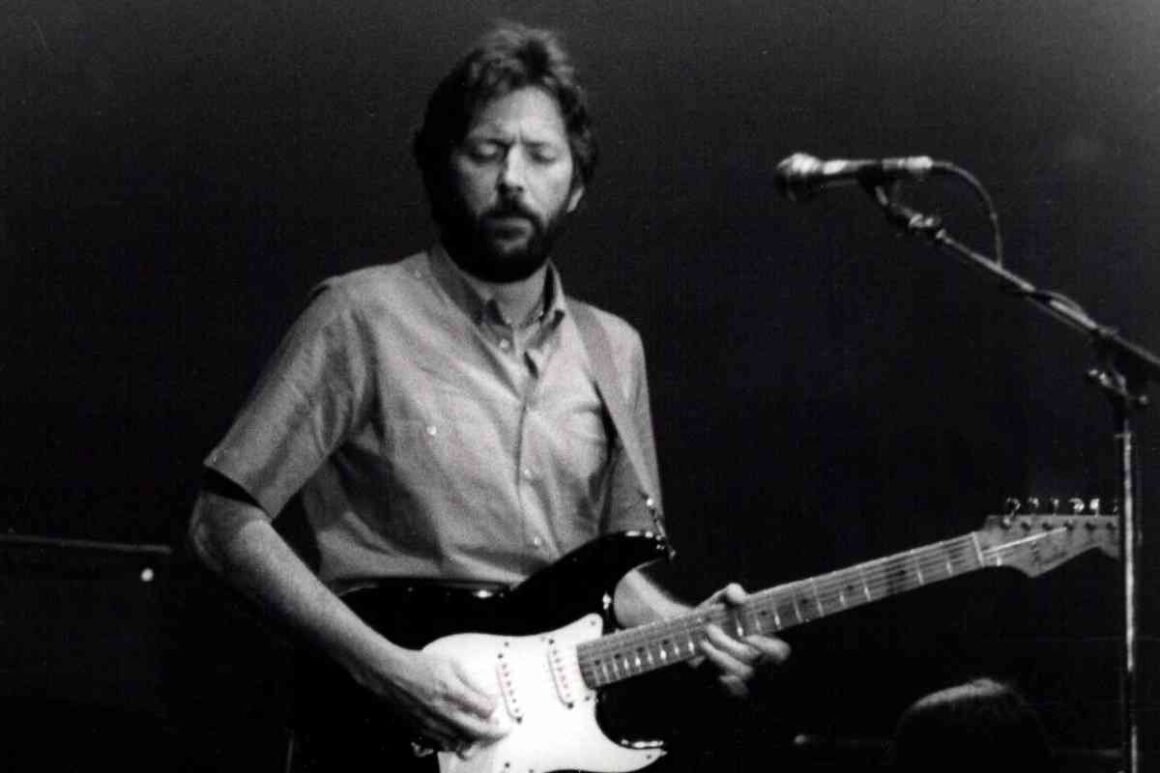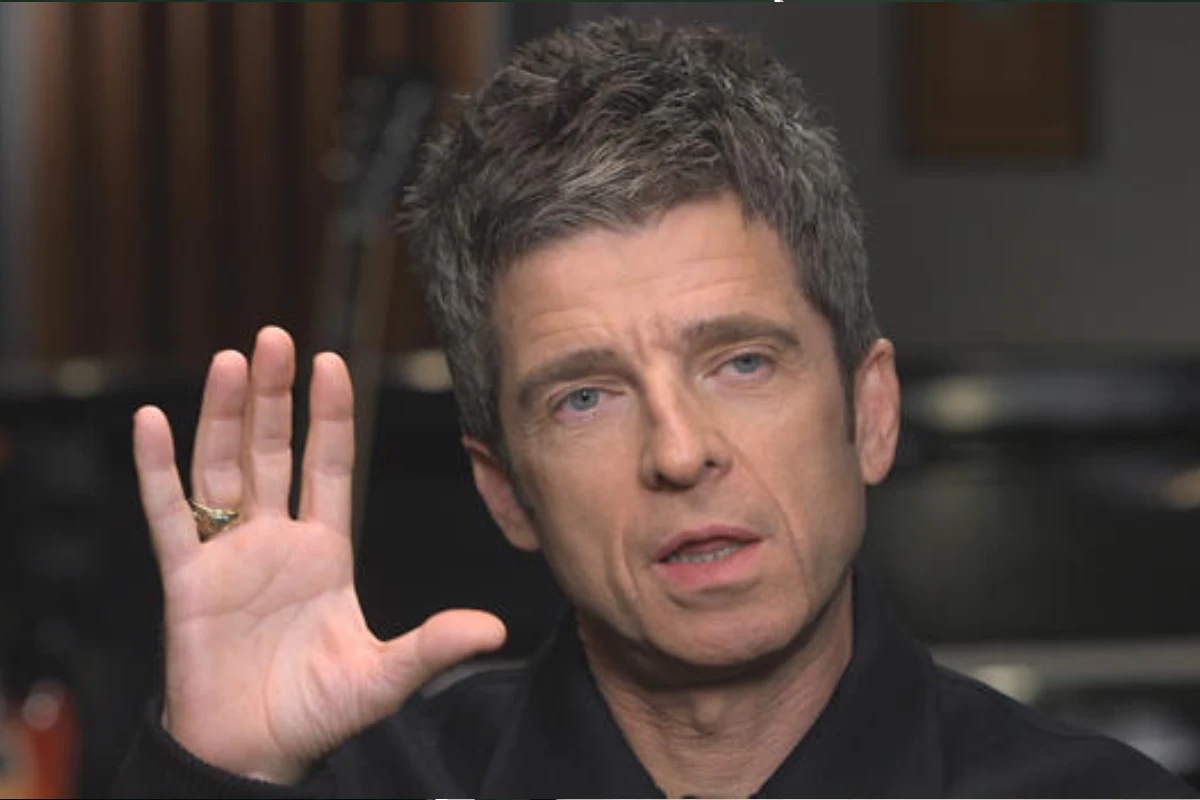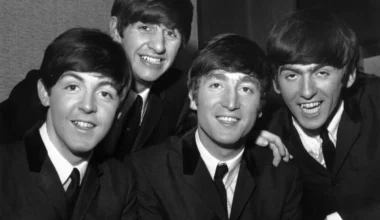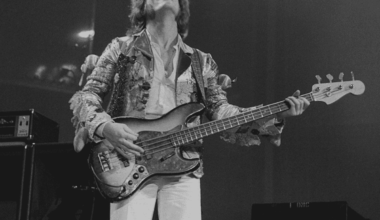In rock and roll, few hurdles challenge guitarists more than striving to be original. With generations of players exploring every corner of the fretboard, finding new territory can seem impossible. Even rock’s legends struggle to stay fresh, but for Eric Clapton, Jeff Beck was always on another level—an artist who truly defied imitation.
The British blues boom produced a rare concentration of guitar giants, and it’s remarkable to think so many emerged from the same part of England. Clapton, Beck, and Jimmy Page each honed distinctive styles, yet their shared roots eventually led them to The Yardbirds, where their unique voices transformed the band and reshaped rock guitar.
At first, Clapton was content delivering fiery blues licks with The Yardbirds, but when the group’s sound turned toward pop, he moved on to Cream, where he could explore his own creative path. This left Beck and Page to define their roles, and while Page’s formidable skills might intimidate most guitarists, Beck’s unpredictable playing stood alone, commanding attention through its sheer originality.
In a way that set him apart from other blues-influenced players, Beck didn’t just play notes; he seemed to speak his own musical language. Every bar brought unexpected twists that kept audiences guessing, making his guitar a voice for pure emotion. Beck’s ability to channel feeling was evident even after he left The Yardbirds.
While Clapton’s Layla and Other Assorted Love Songs explored heartache and longing, Beck’s Blow by Blow did something different, crafting vocal-like melodies on the guitar so natural you could almost forget the absence of lyrics.
Clapton, a guitar icon since the 1960s, always viewed Beck as a one-of-a-kind talent. Reflecting on Beck’s dedication, Clapton remarked, “He’s the most unique guitar player and probably the most devoted. From what I know of Jeff, he’s either fixing his cars or playing the guitar—there’s no in-between. He’s never changed, whereas I’ve been wandering around all the time.”
Despite Clapton’s perception of Beck as unwavering, Beck’s solo work showcases versatility. His Yardbirds-era material may have centered around blues, but his later solo work stretched far beyond. From jazz fusion to avant-garde, Beck experimented freely, even using his whammy bar in ways that added surreal textures, making it almost an instrument on its own.
Each Yardbirds guitarist left a lasting mark. Clapton was the blues purist, Page embodied the swagger of a rock guitar hero, but Beck was something else entirely—a guitarist’s guitarist, speaking through his instrument with unmatched individuality. For those hoping to understand the evolution of rock guitar, Jeff Beck’s work remains essential listening, an invitation to explore the art of sound itself.







